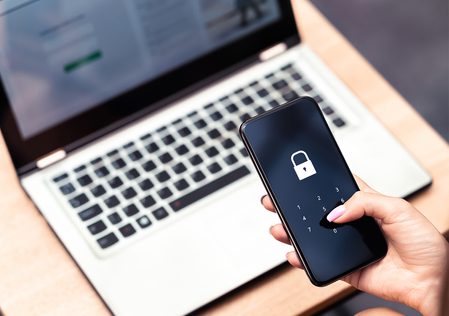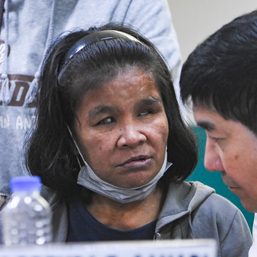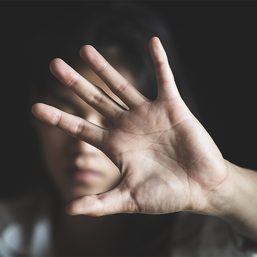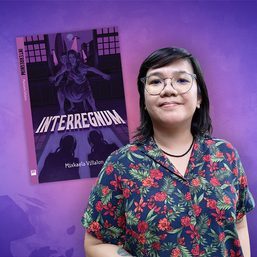SUMMARY
This is AI generated summarization, which may have errors. For context, always refer to the full article.
![[OPINION] Cybermisogyny: Thoughts after I got a death threat online](https://www.rappler.com/tachyon/2023/03/Screenshot-2023-03-08-at-1.37.46-PM.png)
“Ikaw na sana mabiktima at ‘di mabitay ang gagawa sa iyo para malaman mo gaano kasakit. Kampi ka pa sa mga kriminal, ayaw mo mabitay. Sana ikaw na nga ang sususnod na mabiktima na masahol pa sa hayup ang gagawin sa iyo ng mga kriminal, para sisigaw ka ibalik ang death penalty. Tuwa ko lang.”
(I hope you become a victim and the offender is not hung so you know how much it hurts. You take the side of criminals; you don’t want them to be hung. I hope you’ll be the next victim and that the criminal will treat you even worse than an animal, so you will scream to bring back the death penalty. That will make me happy.)
The blood drained from my face and my hands got clammy. I could not believe what I was reading. It was a message that someone I did not know at all had sent me, and it landed in my Messenger’s message request section. It was sent June 2, 2016, 10:51 pm.
It is too far away to find it now, but I remember vaguely that I had posted around that time something to the effect of my opposition to the death penalty, because I believe that each person’s life is valuable and none of us are in a position to take it.
I checked to find out who this person was. We only had one mutual friend, someone I used to work with. I sent her a message to ask her and sent her a screenshot of the message. She said it was her mother´s cousin and that she would talk to him. I never heard from her about that matter again.
He has never written to me again.
I also changed my account’s privacy settings to limit who could see what I post to my friends and in some cases, friends of my friends.
Even if I had been given an option to block or delete him, I did neither. I have kept that message exactly where it arrived in my inbox. Sometimes, I check it, and find out that the man who wrote it is still alive and online. Sometimes, I click on his profile to see what he has recently posted.
It’s strange. To me, he looks like any random guy. By my approximation, he is in his 50s. He lives in a city in the Tagalog region.
I wonder still, as I did then, why on earth anyone would bother to send a message to someone he does not know, to react to something she posted on her own social media account. No one made him look there. I am by no means a celebrity. So what was the point?
I am pretty sure that I am as much a stranger to him as he is to me. What compelled him to take time out of his day to send that message?
In a #FactsFirstPH study, professor Elizabeth Enriquez succinctly captures it: cybermisogyny violates human rights and undermines democracy.
“The attacks are almost always sexualized, but also common are physical insults, offensive name-calling, and attacks against one’s intelligence,” Enriquez says. My attacker checks all the boxes.
How ironic but also apt to be wrestling with this on Women’s Month.
Why do I keep it? I guess I am a masochist. Honestly, I do not know. I don’ think there’s anything there that could make a criminal complaint. I also don’t think I have the patience to subject myself to the Philippine justice system over this. (Even Mia Magdalena Fokno’s recent victory after filing a case of gender-based online sexual harassment citing the Safe Spaces Act was resolved only because of the accused’s admission of guilt, not languishing in the justice system.)
It’s interesting that every time I revisit this message, I still feel strong feelings, negative feelings. However, if you ask me if I would take it all back, I would not. I still believe that every human being has inalienable rights and that, despite compelling evidence to the contrary, there is still hope for all. – Rappler.com
Mari-An Santos is a fellow of the Aries Rufo Journalism Fellowship.
Add a comment
How does this make you feel?




![[Free to Disagree] Arrest Quiboloy!](https://www.rappler.com/tachyon/2024/03/Free-to-disagree-arrest-quiboloy-March-11-2024-1.jpg?resize=257%2C257&crop_strategy=attention)






There are no comments yet. Add your comment to start the conversation.